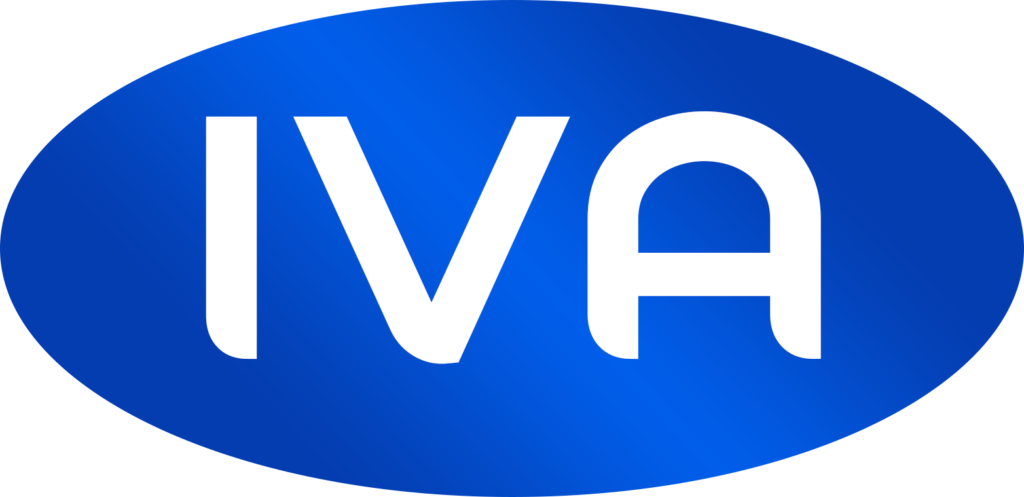Top Tips for Successfully Managing an IVA
Entering into an Individual Voluntary Arrangement (IVA) is a big step toward taking control of your finances and working toward a debt-free future. While an IVA offers protection from creditors and a clear repayment plan, staying on track requires careful planning and commitment.
At our firm, we guide UK citizens through the IVA process and provide ongoing support to ensure a successful outcome. Here are our top tips for effectively managing an IVA, so you can make the most of this financial solution.
1. Understand Your IVA Agreement
Before signing your Individual Voluntary Arrangement (IVA) agreement, ensure you fully understand its terms. Key details include:
- The amount you’re required to pay each month.
- The length of the arrangement (typically five or six years).
- Any restrictions on borrowing additional credit.
Being clear on these points helps you avoid surprises and ensures you stay compliant throughout the IVA term.
2. Stick to a Realistic Budget
Creating and sticking to a budget is essential during an IVA. Your insolvency practitioner (IP) will have already assessed your income and expenses to determine an affordable payment plan, but you’ll need to manage day-to-day spending.
Budgeting Tips:
- Track Your Expenses: Use a budgeting app or spreadsheet to monitor your spending.
- Prioritise Essentials: Focus on rent/mortgage, utility bills, and food.
- Cut Non-Essential Costs: Reduce discretionary spending, such as eating out or unnecessary subscriptions.
A clear budget ensures you can meet your IVA payments without financial strain.
3. Communicate with Your Insolvency Practitioner
Your insolvency practitioner (IP) is there to support you, so maintain open communication. If your financial situation changes due to unforeseen circumstances, such as a job loss or medical issue, notify your IP immediately.
They can help by:
- Adjusting your payment plan if necessary.
- Mediating with creditors to temporarily reduce payments.
- Providing advice to keep you on track.
4. Build an Emergency Fund
Even with an IVA in place, unexpected expenses can arise, such as car repairs or home maintenance. Building a small emergency fund can help you manage these costs without falling behind on your IVA payments.
How to Save During an IVA:
- Set aside a small portion of your monthly budget.
- Sell unused items online for extra cash.
- Reduce utility bills by switching providers or using energy-saving practices.
5. Avoid Taking on New Debt
One of the key terms of an IVA is that you cannot borrow more than £500 without your insolvency practitioner (IP)’s permission. Taking on additional credit during an IVA not only violates the agreement but can also jeopardise your financial stability.
Instead, focus on living within your means and using cash or debit cards to manage expenses.
6. Keep Up with Payments
Consistency is crucial when managing an IVA. Missing payments can lead to the failure of your arrangement, potentially leaving you vulnerable to creditor actions.
Tips to Stay on Track:
- Set Up Direct Debits: Automate your IVA payments to ensure they’re always on time.
- Monitor Payment Dates: Keep a calendar or reminder for your payment schedule.
- Contact Your IP if You’re Struggling: If you’re unable to make a payment, don’t ignore the issue—seek help immediately.
7. Review Your Finances Regularly
Your financial situation can change over time, so it’s important to regularly review your income, expenses, and budget. If your circumstances improve, such as receiving a pay rise or reducing other costs, inform your IP, as this may impact your payments.
8. Plan for Life After Your IVA
An IVA provides a pathway to debt freedom, but it’s important to think ahead and plan for your financial future. Once your IVA is complete, focus on rebuilding your credit score and maintaining good financial habits.
Post-IVA Tips:
- Check Your Credit Report: Ensure the IVA is marked as satisfied and removed after six years.
- Use Credit Responsibly: Start small, such as using a credit builder card and paying off balances in full.
- Continue Budgeting: Stick to the budgeting habits you’ve developed during the IVA.
Common Pitfalls to Avoid
To ensure a smooth journey through your IVA, steer clear of these common mistakes:
- Ignoring Financial Changes: Always update your IP about any changes in income or expenses.
- Relying on Payday Loans: These can worsen your financial situation and may breach IVA terms.
- Failing to Seek Help: If you’re struggling, reach out to your IP or a financial advisor for support.
How We Can Help
Managing an IVA may seem daunting, but you don’t have to do it alone. As a private firm specialising in debt solutions, we provide personalised support to help you succeed in your IVA journey.
Our services include:
- Tailored Advice: We help you create a repayment plan that works for you.
- Ongoing Support: Our team is here to guide you through challenges and ensure you stay on track.
- Expert Guidance: From budgeting to post-IVA planning, we’re committed to helping you achieve financial freedom.
Take the First Step Today
An Individual Voluntary Arrangement (IVA) is more than just a debt solution—it’s an opportunity to regain control of your finances and build a brighter future. By following these tips and working closely with your IP, you can successfully manage your IVA and move toward a debt-free life.
If you’re considering an IVA or need support managing an existing arrangement, we’re here to help. Contact us today for a consultation and take the first step toward financial stability.
IndividualVoluntaryArrangement #IVASolutions #DebtRelief #FinancialFreedom #BankruptcyHelp #PensionerSupport #RetireesDebtSolutions #DebtManagement #InsolvencyPractitioner #FinancialStability #BudgetingTips #DebtFreeFuture #CreditRepair #FinancialPlanning #DebtSolutions







